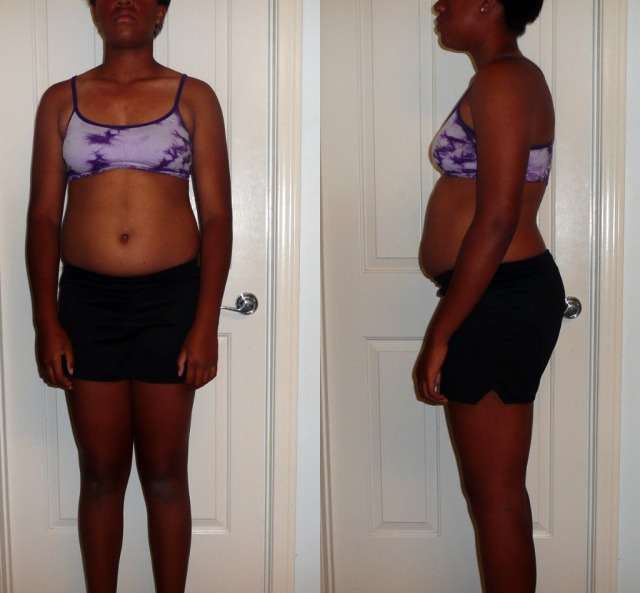Is Plant-Based Butter Healthy? Nutrition and How It Compares
Plant-based butter, also known as vegan butter or dairy-free butter, has become increasingly popular as more people adopt plant-based diets or seek alternatives to traditional dairy products. Made from plant-based oils, such as coconut oil, avocado oil, or olive oil, plant-based butter offers a similar texture and taste to dairy butter but with different nutritional properties.
Nutritional Comparison:
Calories and Fat Content:
- Plant-based butter tends to have similar or slightly fewer calories compared to dairy butter. Both contain around 100 calories per tablespoon.
- Plant-based butter is typically higher in unsaturated fats, including heart-healthy monounsaturated and polyunsaturated fats, which can help lower LDL (bad) cholesterol and reduce the risk of cardiovascular disease.
Saturated Fat:
- Dairy butter contains higher levels of saturated fat, which can contribute to high cholesterol and an increased risk of heart disease. Plant-based butter generally has lower saturated fat content.
Cholesterol:
- Plant-based butter is naturally cholesterol-free, unlike dairy butter, which contains cholesterol.
Sodium:
- Plant-based butter often has less sodium than dairy butter, making it a better choice for individuals with high blood pressure or those on a low-sodium diet.
Vitamins and Minerals:
- Some plant-based butter products are fortified with vitamins and minerals, such as vitamins A, D, and E, similar to dairy butter.
Potential Benefits:
Heart Health:
With lower saturated fat and no cholesterol, plant-based butter may be a healthier choice for heart health compared to dairy butter.
Lactose-Free:
For individuals who are lactose intolerant or vegan, plant-based butter offers a dairy-free alternative that can be used in cooking, baking, and spreading.
Environmental Sustainability:
Plant-based butter production generally has a lower environmental impact compared to dairy butter. It requires less land, water, and energy resources and results in lower greenhouse gas emissions.
Considerations:
Taste and Texture:
The taste and texture of plant-based butter can vary depending on the brand and type of plant-based oil used. Some individuals may prefer the taste of dairy butter, while others may find plant-based butter to be a suitable substitute.
Price:
Plant-based butter is generally more expensive than dairy butter, but prices can vary depending on the brand and store.
Overall, plant-based butter can be a healthier alternative to dairy butter due to its lower saturated fat and cholesterol content. It is also suitable for individuals with lactose intolerance or those following vegan diets. However, personal preferences, taste, texture, and cost may also be factors to consider when choosing between plant-based butter and dairy butter.
-
how to control weight
QuestionDear Susan, I am 23 years old girl & having height
-
Post-weight loss
QuestionHello. My name is Mauricio and I just turned 18 years old
-
Homemade Recovery Drink
QuestionMs. Simon, im in my mid 30s (5-9 @ 192 lbs) & wanting to
-
Loss of B-12 in skim milk and yogurt
QuestionHello! I read that skim milk and yogurt do not contain B
-
Raw vs. cooked vegetables.
QuestionHello: I was curious as to whether raw or cooked vegetabl
-
Advice needed on boosting my initial weight loss?
QuestionI am starting a new weight loss/get healthy plan. I am 6



